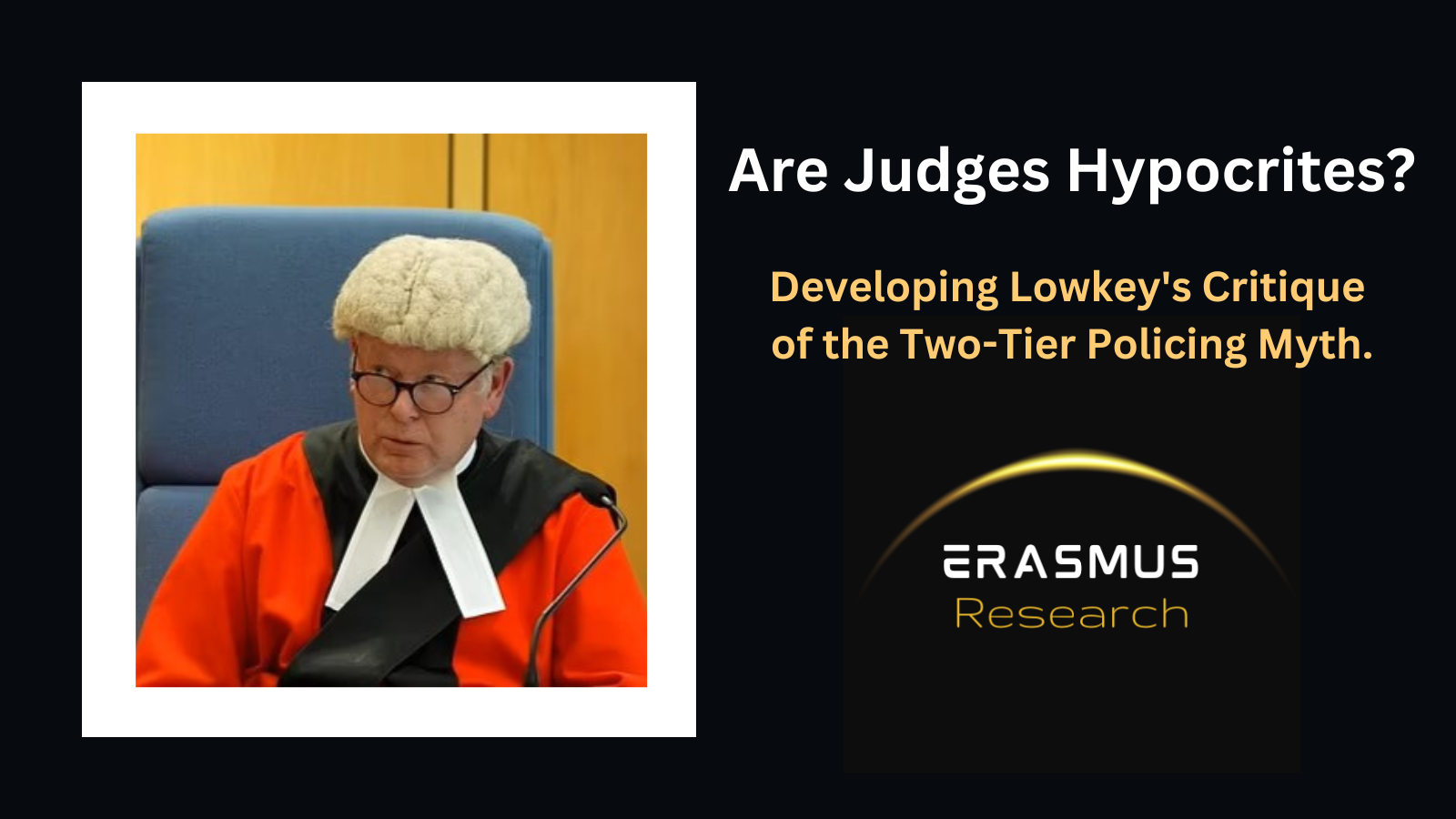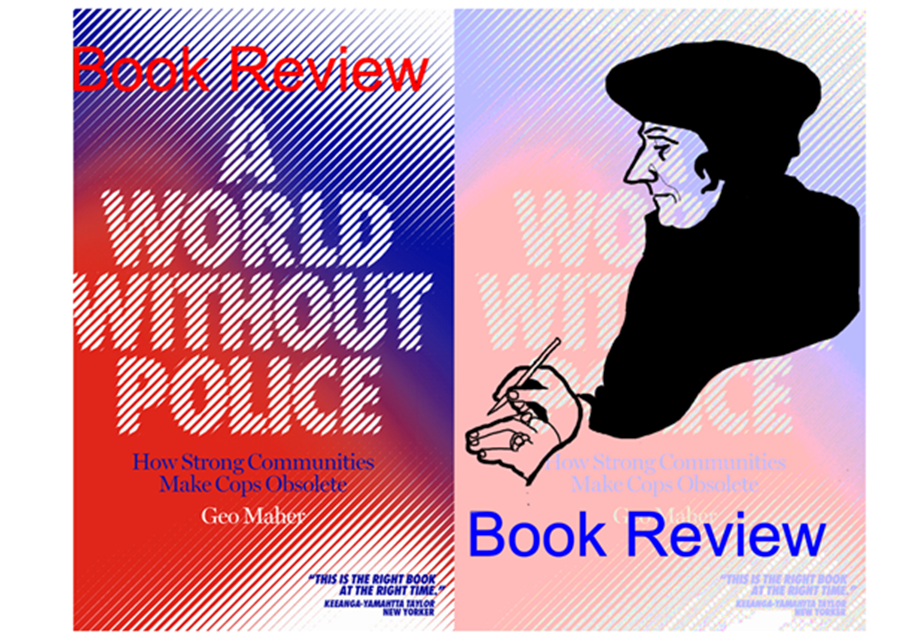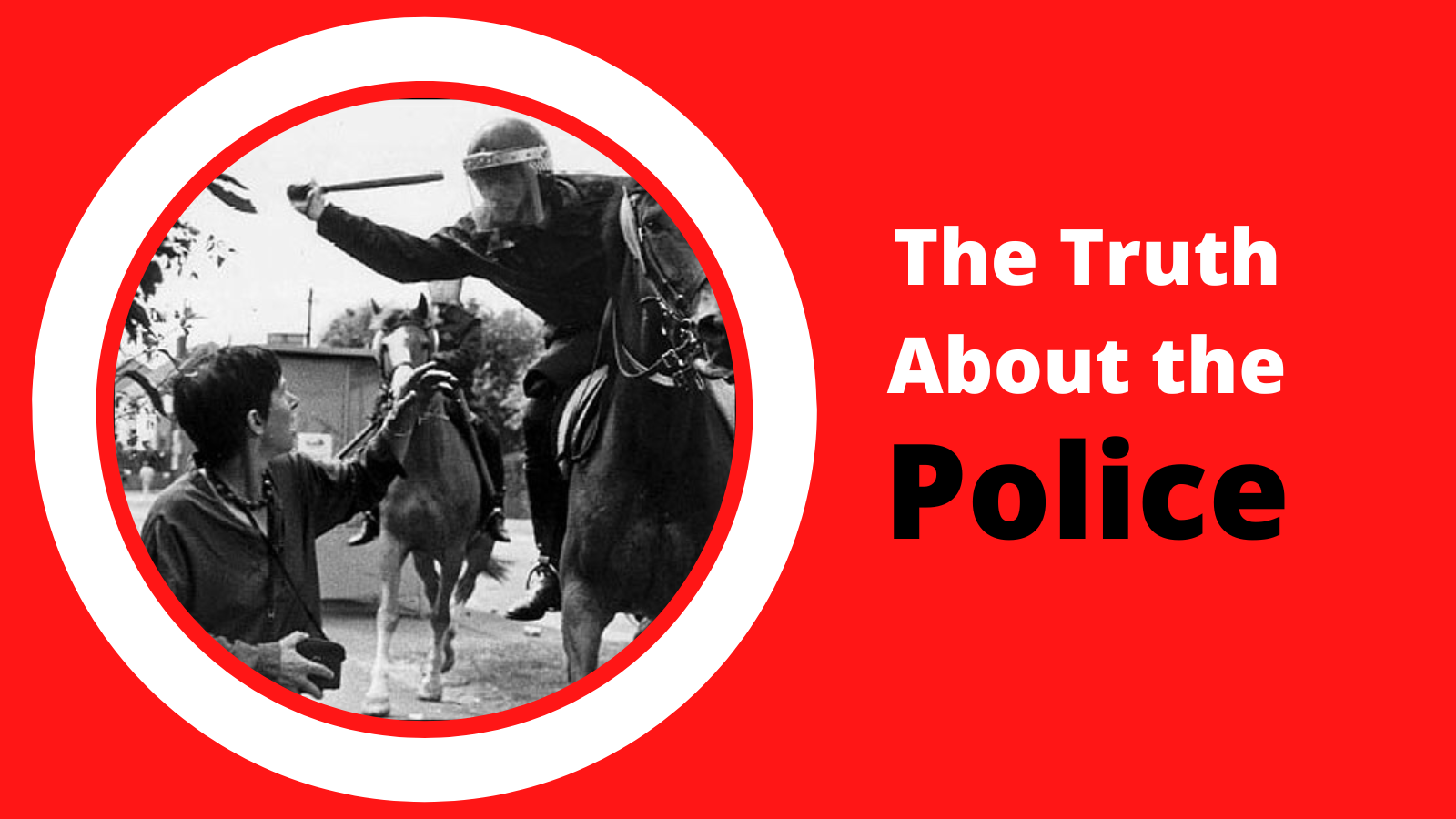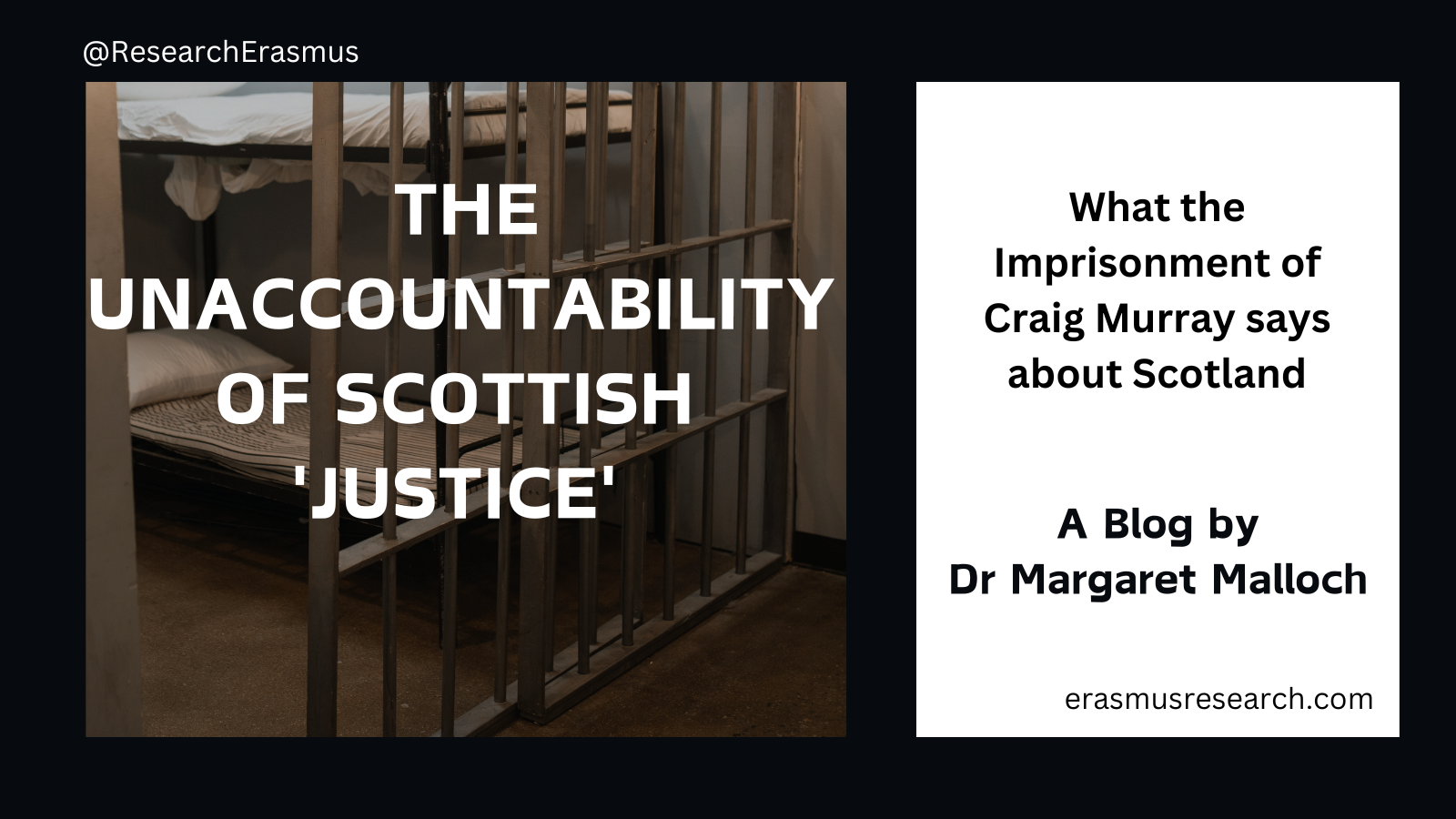In response to claims that the sentencing of far-right protestors is indicative of ‘two-tier policing’, the British rapper and journalist Lowkey has sharply critiqued this, calling it a politically motivated lie and an inversion of the truth. Counter to the political narrative, Lowkey argues that white people are not more harshly treated by the justice system than ethnic minorities, and he points to various cases where draconian sentences were handed down for minor offences, particularly during moments of social unrest. This critique, while powerful on its own, resonates deeply with the sociological insights of Pierre Bourdieu, who would likely concur with Lowkey’s assessment and further illuminate the underlying dynamics of power, justice, and hypocrisy within the legal system.
Bourdieu’s analysis of society reveals how power operates subtly through institutions like the judiciary, which presents itself as a bastion of neutrality and fairness. However, a closer examination through Bourdieu’s lens of symbolic violence and social reproduction exposes the judiciary as complicit in maintaining and legitimising the very inequalities it purports to adjudicate impartially. When judges hand down severe sentences to protesters and marginalized individuals, they are not merely enforcing the law; they are actively participating in the reproduction of a social order that favours the dominant classes while punishing those who challenge it.
The Myth of Judicial Neutrality
One of Bourdieu’s key insights is that the law, far from being a neutral arbiter of justice, is a tool of the dominant classes used to maintain their power. Judges, who are often seen as impartial figures, are deeply embedded within the same social structures that perpetuate inequality. Their judgments, therefore, are not free from bias but are shaped by the very habitus that reflects their social positions. This habitus, which includes the values, norms, and dispositions judges have internalised through their (largely private) education and professional training, almost always aligns with the interests of the powerful.
When we examine cases like the lengthy sentences for many of those involved in the 2011 riots, or the severe punishments meted out to climate protesters more recently, the myth of judicial neutrality is laid bare. These sentences are not simply the result of objective legal reasoning; they are deeply political acts that serve to reinforce the status quo. By criminalising dissent and disproportionately punishing those who challenge the existing order, judges are engaging in what Bourdieu would term symbolic violence—the subtle, often invisible means through which power is exercised and social hierarchies are maintained.
Symbolic Violence and Social Reproduction
Symbolic violence operates through the legitimisation of certain values and norms that appear natural or self-evident, but in reality, reflect the interests of the dominant classes. The legal system is one of the primary sites where symbolic violence is enacted. Judges, through their rulings, contribute to the reproduction of social inequalities by imposing severe penalties on those who deviate from or challenge the dominant social order.
Lowkey’s critique highlights how the justice system disproportionately targets minoritised groups, immigrants, and political dissenters. Under counter-terrorism legislation, for example, immigrant groups are many times more likely to be criminalised than their white counterparts. This is not a mere coincidence but a manifestation of the symbolic violence embedded in the legal system. By framing these groups as threats to national security or the social order, the judiciary helps to justify their harsh treatment, thereby reinforcing the racial and political hierarchies that pervade society.
The sentences handed down during the 2011 riots, where individuals received severe punishments for petty offences like stealing a bottle of water, are another example of this. These sentences were not about the crimes themselves but about sending a message: that any challenge to the established order, no matter how minor, would be met with overwhelming force. This is where symbolic violence and physical violence meet and enmesh, deploying the state’s legal authority to impose and reinforce the values of the dominant classes, while disguising this exercise of power as the impartial application of justice.
The Hypocrisy of the Judiciary
In his essay “The Force of Law: Toward a Sociology of the Juridical Field” and his lecture series On the State,Bourdieu makes the claim that judges are hypocrites. Judges present themselves as neutral arbiters of the law, yet their actions reveal a clear alignment with the interests of the powerful. This hypocrisy is particularly evident in the way the legal system treats protesters and marginalised groups. While the judiciary claims to uphold the principles of justice and equality, its harsh sentencing of dissenters and ethnic minorities tells a different story. These actions are not about maintaining law and order but about preserving the existing power structures by punishing those who threaten them.
The recent harsh sentences given to climate protesters, who have received prison terms of four and five years for planning peaceful demonstrations, further illustrate this hypocrisy. These sentences are intended to deter others from engaging in political activism, thus protecting the interests of those who benefit from the status quo. By cloaking these politically motivated sentences in the language of legal neutrality, judges are not only complicit in the reproduction of social inequalities but are also engaging in a form of symbolic violence that perpetuates the myth of a fair and impartial legal system.
Conclusion: Unmasking the Judges
Lowkey’s critique of the justice system as being politically motivated and deeply biased is echoed in Bourdieu’s analysis of how power operates through institutions like the judiciary. Judges, who are supposed to embody fairness and impartiality, are merely hypocrites who, under the guise of neutrality, enforce laws that maintain and reinforce the social order. Their harsh sentencing of protesters and marginalised groups is not an objective application of justice but a political act that serves to protect the interests of the powerful while punishing those who challenge them.
In exposing this hypocrisy, we can begin to understand the true function of the legal system as a tool of both physical and symbolic violence that legitimises and perpetuates inequality. Bourdieu’s insights remind us that to achieve genuine justice, we must not only challenge the laws themselves but also the social structures and power dynamics that underpin them. Only by unmasking the judges and their role in this process can we begin to dismantle the deeply entrenched systems of power that they serve to protect.







